Cryptocurrency mining to restore Alpine village’s goldrush fever
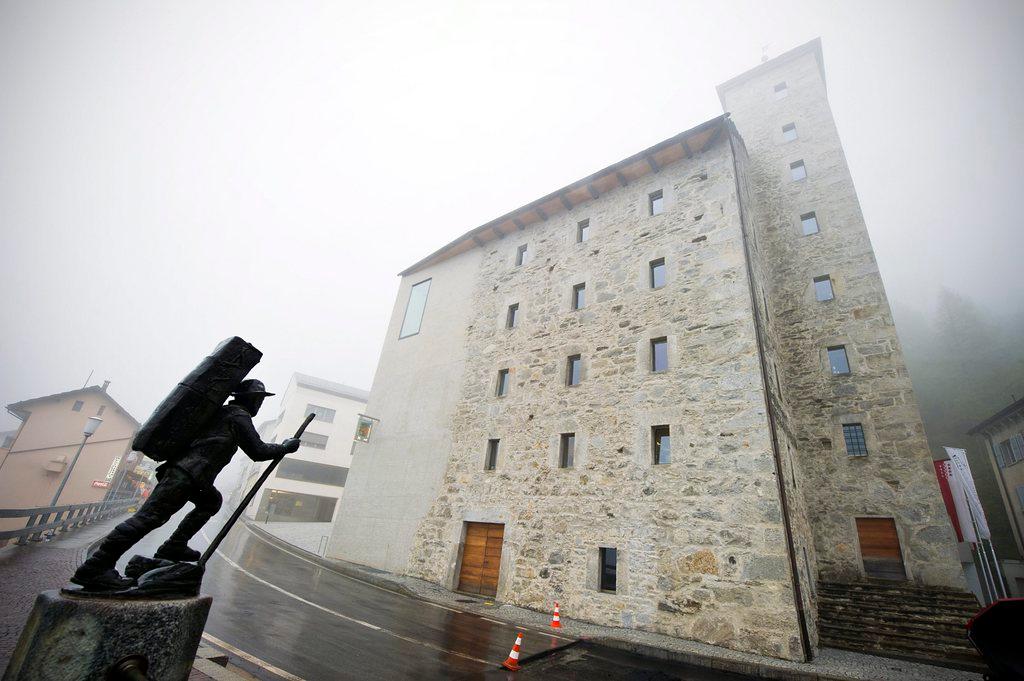
A new kind of mine is providing hope for a Swiss mountain village that has seen its share of misfortune over the years. Gondo, with 40 inhabitants, is no longer mining for gold, but for cryptocurrencies.
On the face of it, Gondo – an isolated community on the Swiss-Italian border – is hardly the most likely location for such a cutting-edge, disruptive and divisive technology. It has nevertheless been chosen as the venue for a cryptocurrency mine by start-up Alpine Mining.
Bitcoin’s inexorable rise in value has attracted more and more people worldwide to the apparent riches of cryptocurrencies. There are more than 1,000 crypto tokens in circulation with more being produced every day. Many are expected to sink without trace, but enthusiasts believe others will stay and thrive.
Enter Gondo. Gone are the days when the gold mines here were packed with 500 prospectors seeking their fortunes.
Its cryptocurrency mine is a small room full of flashing lights, humming computer servers and a tangle of wires and pipes. It works by solving complex mathematical puzzles that earn cryptocurrency rewards (see graphic).
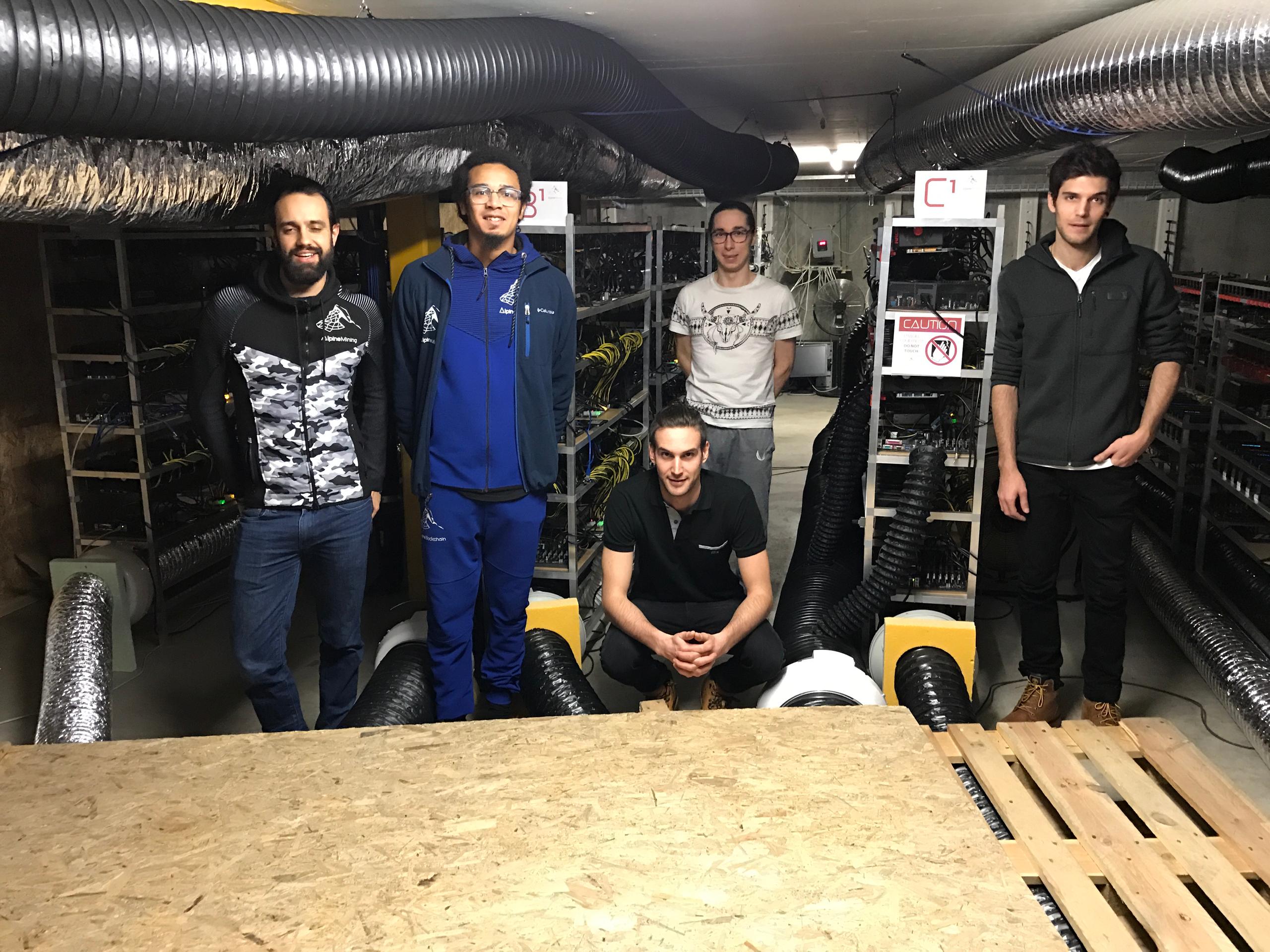
More
Interior of a crypto mine
The mine nestles incongruously beside houses, a church, hotel and restaurant built in the traditional style of the region. The main signs of modernity are three gas filling stations that serve an endless line of trucks trundling over the border in both directions each day.
Gondo is wedged between sheer mountain faces that rise steeply on either side of the narrow gorge. This geography is critical when you consider that cryptocurrency mines use a lot of power to conjure digital “money” from thin air. The constricted valley is a perfect location for one of Switzerland’s 600 hydroelectric plants, whilst the altitude provides natural cooling.
“Gondo provides a sustainable and eco-friendly source of power, as well as a very attractive electricity price,” Ludovic Thomas, who co-founded Alpine Mining External linkwith Christophe Lillo, told swissinfo.ch. This is particularly important considering the debate raging in the media on how much power cryptocurrency mining consumes.
Electricity prices are also vital. An earlier crypto mining project in Linthal, canton Glarus, had to shut down because it cost too much to power.
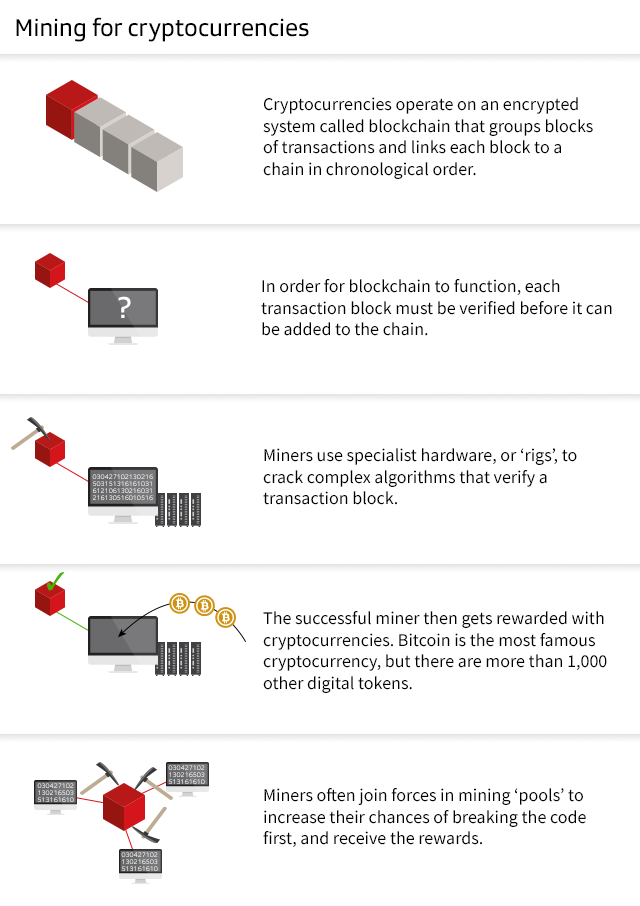
“Some of the world’s biggest crypto mines are in China,” says Thomas. “They burn fossil fuels and could be shut down by the authorities from one day to the next. It may cost more to mine crypto in Switzerland, but environmental credentials and stability are priceless commodities.” Switzerland doesn’t only offer political stability but a relatively benign regulatory stance towards cryptocurrencies.
Alpine Mining is currently holding talks with other hydropower stations in canton Valais, in southwest Switzerland. It plans to tap into this inexpensive, climate-friendly power to grow into one of the largest crypto mines in the world.
Gondo External linkalso hopes to benefit from this development. In 2000, a catastrophic landslide killed 13 people, tearing down houses in its wake. The damage has been repaired, but some residents moved away and the village has been struggling to fill the void, particularly with young people.
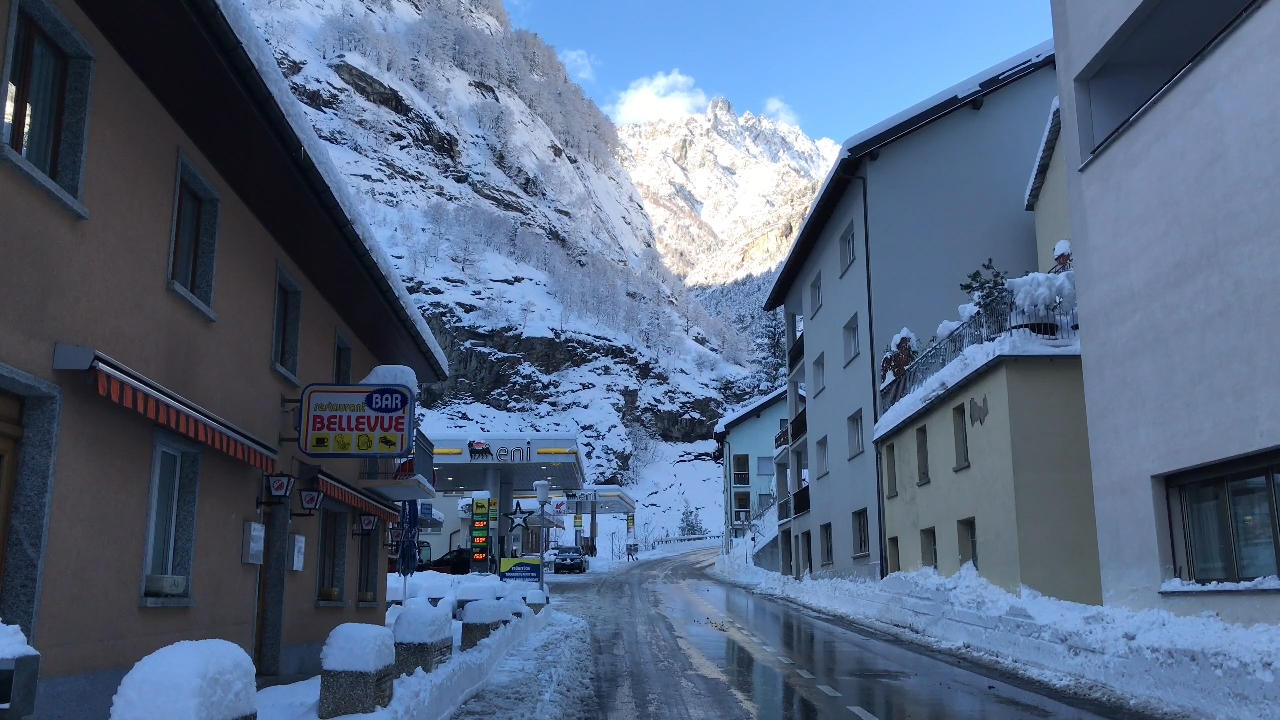
More
A walk through Gondo
Many of those employed at the hydroelectric plant and at the customs border post now live in the town of Brig – about a 45-minute commute. On the day swissinfo.ch visited Gondo, a restaurant shut its doors.
Mayor Roland Squaratti hopes that Alpine Mining can help stop the rot. “When they first approached us with an idea of setting up a blockchain company in Gondo we all looked at each other and asked: ‘Do you know what blockchain is?’ We had to Google it to understand what it involved,” he told swissinfo.ch. In a nutshell, blockchain is an encrypted digital system where cryptocurrencies are stored and transacted.
“We can now see that it represents a new kind of gold mining in the area, which is a positive sign for our future.” The last of Gondo’s original gold mines ceased operating in 1891 and now draw tourists rather than speculators.
But cryptocurrencies also attract negative headlines. Swiss banks will not touch any because they fear it is the perfect vehicle for money launderers and criminals. But Squaratti is not worried.
“I am convinced that the blockchain technology behind cryptocurrencies is the technology of the future. It doesn’t really concern me what type of currencies use it. So I don’t have the feeling this could damage the reputation of our community.”
He says he has received up to half a dozen requests from other crypto miners to set up in Gondo since the news of cheap, clean electricity and a welcoming atmosphere has spread. The main concern is where to house them all. Alpine Mining already uses up around a third of the village’s power consumption, so the authorities have to set up a second transformer.
The company is also decking out a second, larger building to meet their expansion requirements. And there are only so many apartments to house people. The company aims to spread throughout the canton, next to other hydroelectricity plants.
“We will remain in Gondo, it is our HQ,” says Thomas.
Alpine Mining set up operations this year. Co-founders Ludovic Thomas and Christophe Lillo first turned their hand to crypto mining at their homes in Saxon, canton Valais. They soon found that mining on such a small scale was unprofitable in the long run. Besides, neighbours were so annoyed with the incessant noise of their rigs that they threw tomatoes at the door.
The company both mines its own crypto tokens, as part of a collective pool of other miners, and offers cloud services for others to rent its hardware to mine their own cryptos.
Alpine Mining is not interested in bitcoin because the hardware needed to mine it cannot be put to any other use. The ‘rigs’ that mine ethereum can easily be adapted to zcash, monero and a range of other digital tokens. Deciding which token to mine each day is a delicate balancing act between the level of difficulty of cracking the algorithms, the current and potential value of the token and how many other mines are competing.
Just as in any other industry, keeping costs down to a minimum improves margins. The five-person full-time team, the majority of whom hail from canton Valais or neighbouring Vaud in southwest Switzerland, also turns its hand to a multitude of do-it-yourself tasks.
The complex tangle of pipes that bring cold air in to the room and disperse heat were designed and plumbed in by the team. Metal frames that hold the 100+ rigs were commissioned from a manufacturer of hen coops for chicken farms. Plastic clips that secure equipment in place spew out of the mine’s very own 3D printer.
Extracting statistics from Alpine Mining is a tough job because the company does not want to give away trade secrets to competitors. It is also difficult to judge exactly how many tokens are mined each day as the number fluctuates depending on how popular individual tokens are and how many other mines are competing for them.
When it is fully operational, the Gondo mine expects to consume some 350 kilowatts per hour of energy. Turnover is forecast to reach around $1 million in its first year of operation.

In compliance with the JTI standards
More: SWI swissinfo.ch certified by the Journalism Trust Initiative

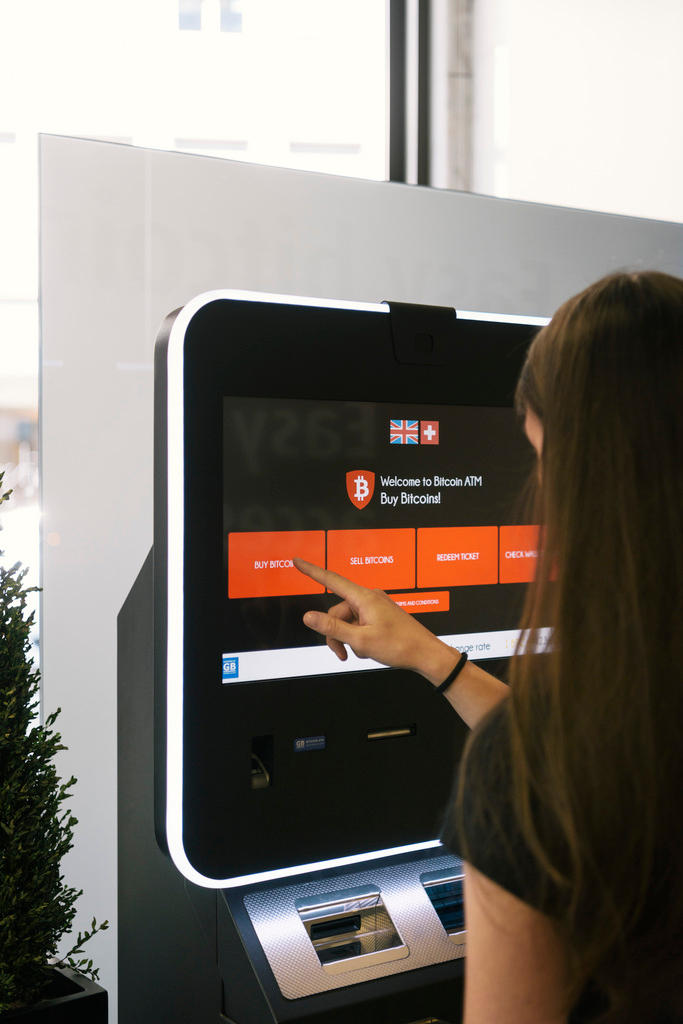

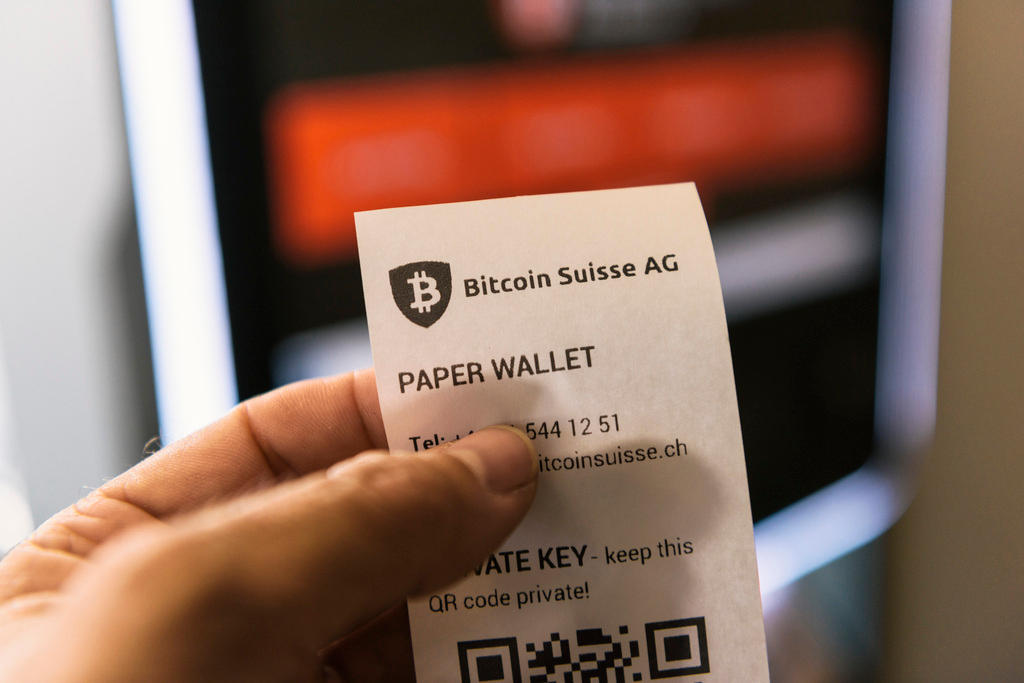
You can find an overview of ongoing debates with our journalists here. Please join us!
If you want to start a conversation about a topic raised in this article or want to report factual errors, email us at english@swissinfo.ch.